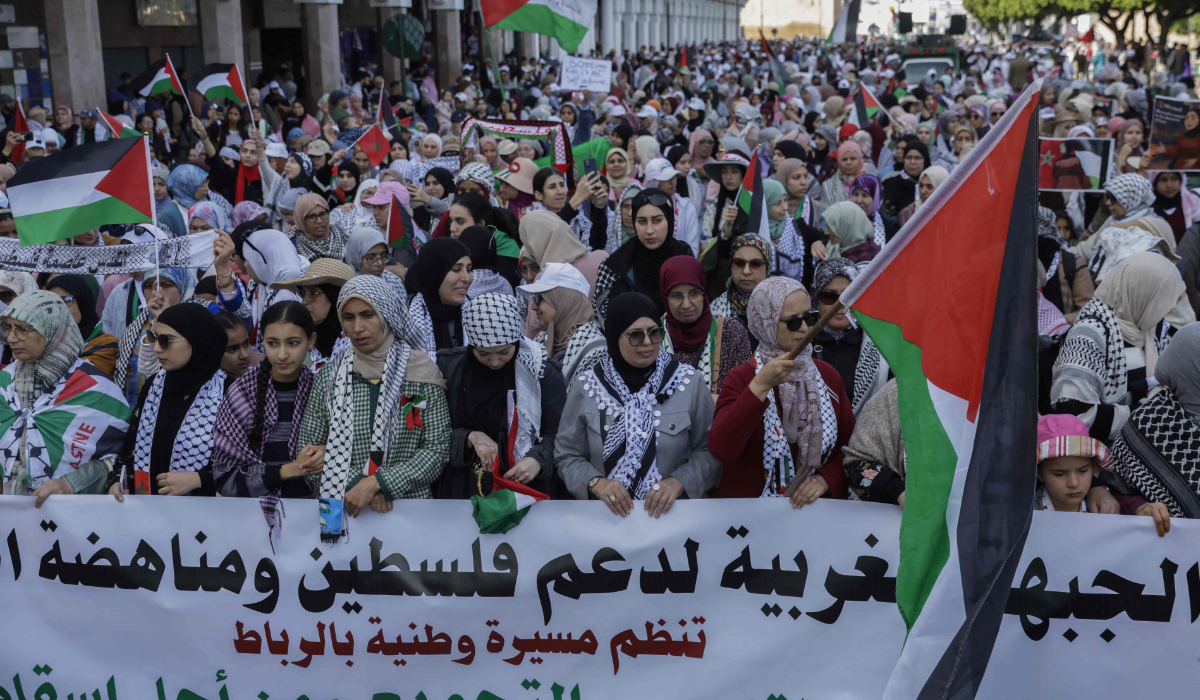BEIRUT: Lebanon’s Prime Minister Najib Mikati on Friday vowed to step up deportations as part of a crackdown on illegal residents in the country.
“This matter is not up for debate, and orders have been given to the relevant authorities to implement what is necessary,” he said.
Mikati’s comments came after the EU on Thursday announced a €1 billion ($1.07 billion) aid package for Lebanon, mostly to boost border control in a bid to curb refugee flows across the Mediterranean Sea to Cyprus and Italy.
Lebanon hosts more than 1.5 million Syrian refugees.
In a television interview, Mikati said: “Any Syrian residing in Lebanon illegally will be deported, and a different approach will be taken toward all registered individuals compared to unregistered ones.”
While Mikati welcomed the announcement of increased European aid, some political and religious figures described the package as a “bribe” to resettle Syrian refugees in Lebanon, and warned that Lebanon is “not for sale.”
Local newspaper headlines highlighted the objections, which follow increasing numbers of murders, thefts, and kidnappings in recent months carried out by Syrians who entered Lebanon illegally.
Syrian inmates now make up 35 percent of Lebanon’s prison population, according to Interior Minister Bassam Mawlawi.
Cyprus recently complained about the increasing number of boats arriving on its shores carrying Syrians who traveled via Lebanon. Dozens remain stranded on the island, which refuses to accept them as refugees, and wants to return them to Lebanon.
Mikati said that there is “a European division” on the issue of safe areas in Syria for the return of refugees.
“We will undertake a campaign in this context to push the EU to take a decision that there are safe areas in Syria,” he added.
The announcement of the EU package was made as European Commission President Ursula von der Leyen visited Lebanon on Thursday with Cypriot President Nikos Christodoulides.
However, Nicolas Sehnaoui, a member of the Strong Lebanon parliamentary bloc, said: “Keep the billion euros, and take an additional billion in exchange for taking all the Syrian refugees to European countries.”
Razi Al-Hajj, a member of the Strong Republic bloc, described the presence of Syrian refugees in the country as a “ticking time bomb.”
He said: “If Mikati wants to dispel the doubts of the Lebanese about the EU’s agenda in Lebanon, and the government’s true intention, he must begin implementing what he promised, which (means) deporting anyone residing illegally on Lebanese territory.”
Change party MP Waddah Sadek said: “Those who are residing illegally in Lebanon — the number of whom is significant — should be deported. An appropriate solution should then be reached regarding those who sought refuge in Lebanon for fear of getting killed or persecuted.”
Jaafari Grand Mufti Sheikh Ahmad Kabalan said in his Friday sermon: “We don’t want to slaughter Lebanon with 1 billion poisoned euros.
“Europe is Washington’s partner in the devastation in Syria and the siege on Lebanon. I warn those in charge against assuming the role of Europe’s security and political guard. The Syrian refugees’ case requires an urgent resolution. We ran out of time, and our country’s demography, stability, security, economy and livelihood are threatened.”
Maroun Al-Khawli from the National Campaign for the Return of Syrian Refugees, said: “Lebanon will not be for sale under any circumstances.”
He said the aid package “is a humiliating deal for Lebanon’s dignity and sovereignty, and a dark spot in the history of the caretaker government.”
Shiite cleric Ali Mohammed Hussein Fadlallah said in his Friday sermon: “The European Union resorts to the financial aspect to persuade the Lebanese when it comes to the Syrian refugees’ file.
“However, this matter is not limited to the financial dimension. It requires us to address its root causes and organize the Syrian presence in a way that doesn’t cause any internal repercussions, concerns and tensions that might affect the relationship between Lebanese and Syrian refugees.”
In a statement, the Progress Party said: “The European countries’ policy ensures that the Syrian refugees’ boats don’t reach their shores. This is what made them offer Lebanon €1 billion to make up for their presence in the country.
“The governing system accepted the bribe to recycle itself at the expense of the accumulating crises without organizing this file.”
The party proposed setting up camps for Syrian refugees on the border, and securing their needs through international support.





























